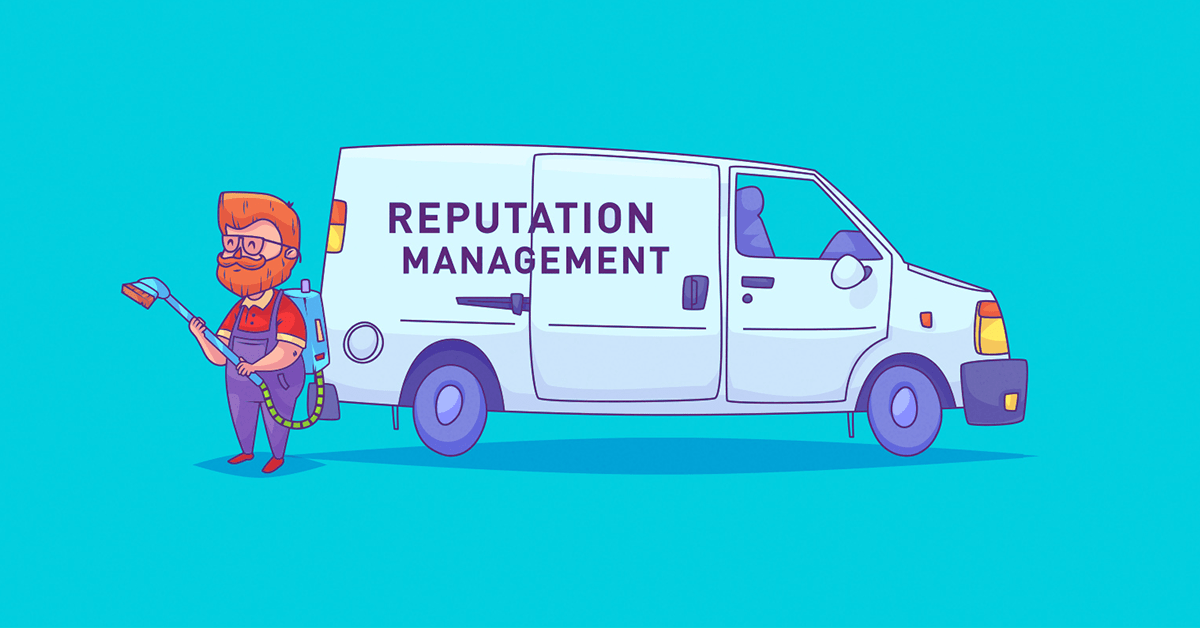Beginner’s Guide to Reputation Management Platforms
Reputation management platforms have become essential in today’s digital world, where public opinion is shaped in real time across websites, review platforms, and social media. These platforms help individuals, businesses, and organizations monitor, influence, and improve how they are perceived online. Whether you're a local business owner or a large enterprise, understanding how reputation management works is key to maintaining trust and credibility.
What Are Reputation Management Platforms?

Reputation management platforms are digital tools that monitor online content about a brand, person, or business and provide insights to improve or respond to public perception. They typically track reviews, social media mentions, news articles, and other online content. Many platforms also offer tools for responding to reviews, generating positive feedback, and analyzing sentiment trends.
They serve a range of users:
-
Businesses want to know what customers are saying.
-
Public figures monitor media and public reactions.
-
Healthcare providers, educators, and government entities use them to uphold trust.
Why Reputation Management Matters Today
In an age where a single bad review can go viral, managing your digital presence is not optional—it's critical. Here's why:
1. Customer Decision-Making
Most people search online before making a purchase or hiring a service. Reviews, ratings, and social media comments can influence buying decisions significantly.
2. Brand Trust and Loyalty
Consistently good reputation builds long-term customer relationships. A damaged reputation, even temporarily, can result in revenue loss and client churn.
3. SEO and Online Visibility
Search engines prioritize trustworthy businesses. Good online reviews and mentions improve search rankings, increasing organic reach.
4. Crisis Management
With real-time alerts and sentiment tracking, businesses can respond quickly to negative press or misinformation before it escalates.
Recent Trends and Updates in Reputation Management (2024–2025)
Reputation management platforms have evolved rapidly over the past year to incorporate more AI-driven and integrated solutions. Key updates include:
| Trend | Description |
|---|---|
| AI-Powered Sentiment Analysis | Platforms like Birdeye and Podium use AI to gauge tone in reviews and comments. |
| Google Business Profile Sync | Many tools now auto-sync with Google, enhancing local SEO and review response. |
| Multi-Channel Monitoring | Tools expanded to include Reddit, TikTok, and messaging apps (early 2025). |
| Integration with CRM Systems | Platforms like Reputation.com now integrate with Salesforce and HubSpot. |
| Data Privacy Focus | More transparency and compliance with global privacy laws (e.g., GDPR). |
Legal and Policy Considerations
Reputation management is closely tied to digital rights, data privacy, and advertising standards. Here are some relevant policies to keep in mind:
Data Privacy Laws
-
GDPR (EU) and CCPA (California) regulate how customer data is stored and used.
-
Platforms must provide opt-out options and comply with data access requests.
Content Removal Policies
-
In some jurisdictions (such as the EU), individuals can request removal of defamatory or outdated content under the "Right to Be Forgotten."
-
However, removal from platforms like Google is subject to their own review criteria.
Truth in Advertising
-
Businesses cannot post fake reviews or incentivize positive ones without disclosure. This is enforced by:
-
FTC guidelines (United States)
-
ASA rules (UK)
-
ASCI (India)
-
Defamation and Libel Laws
-
Mismanagement of online comments or content can lead to legal claims.
-
Reputation platforms may help document interactions for legal protection.
Useful Tools and Platforms
Here’s a comparison of some leading reputation management platforms in 2025:
| Platform | Best For | Key Features |
|---|---|---|
| Birdeye | Small to mid-size businesses | Review generation, AI insights, Google sync, messaging hub |
| Reputation.com | Enterprises and franchises | Multi-location tools, CRM integration, competitive benchmarking |
| Podium | Local service providers | Text messaging tools, mobile reviews, automation |
| Yext | SEO and directory control | Listings management, review monitoring, content optimization |
| Mention | Brand monitoring | Social media tracking, sentiment analysis, alerts |
| Trustpilot | Customer reviews | Public reviews, trust indicators, compliance with transparency standards |
-
Google Business Profile Manager: Essential for local visibility.
-
ReviewTrackers: Ideal for aggregating reviews from 100+ sites.
-
Social Mention (free tool): Offers basic brand monitoring and sentiment tracking.
Frequently Asked Questions
1. What does a reputation management platform actually do?
A reputation management platform monitors online content—like reviews, social media posts, and news articles—related to your brand or name. It provides alerts, analytics, and tools to improve how you appear online.
2. Can these platforms remove negative reviews?
Most platforms cannot remove reviews directly. However, they can guide users through legitimate removal processes (e.g., reporting violations) or help dilute negative content with positive feedback campaigns.
3. Is using a reputation management platform legal?
Yes, as long as it adheres to relevant data privacy and advertising laws. Posting fake reviews or deleting negative feedback without valid reason violates guidelines and can lead to penalties.
4. How much do reputation management platforms cost?
Costs vary widely:
-
Small businesses may pay $50–$150/month.
-
Enterprises with custom solutions may spend $500–$2,000/month.
Some platforms offer free trials or limited-feature plans.
5. Do I need technical skills to use these tools?
Not necessarily. Most platforms offer user-friendly dashboards, and many include guided onboarding or customer support. However, understanding basic SEO and online engagement concepts can be helpful.
Conclusion
Reputation management platforms are no longer just tools for big corporations—they are essential for any entity with an online presence. As digital conversations continue to shape public opinion, managing and improving reputation through the right tools can make a significant difference in credibility, customer trust, and long-term success.
These platforms simplify monitoring, responding, and strategizing across various channels, making reputation management more proactive than ever. With AI advancements and growing regulatory frameworks, staying informed and compliant is crucial for anyone engaging with online audiences.